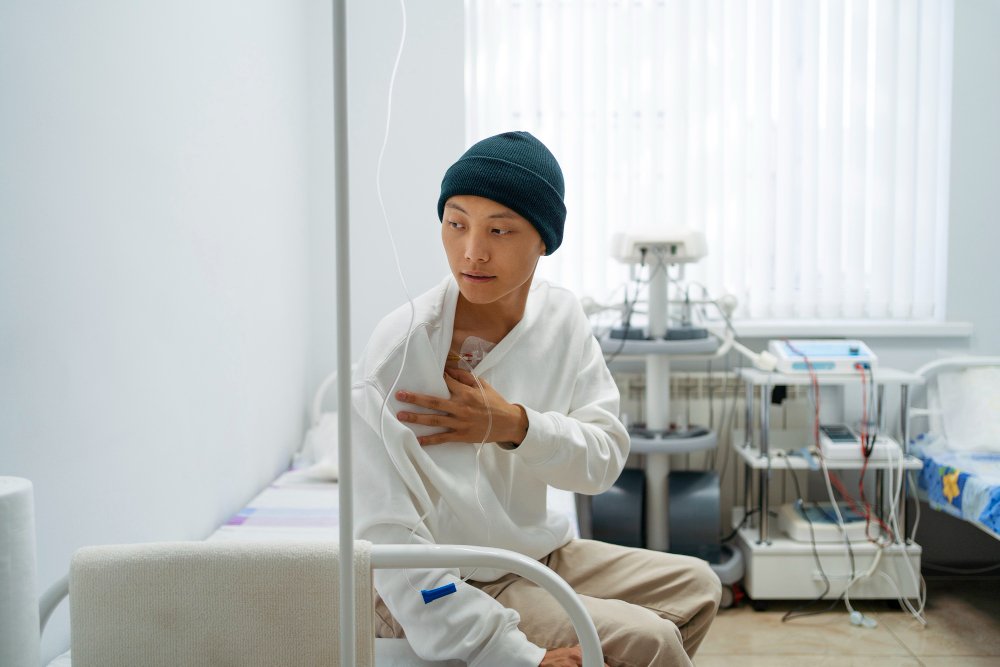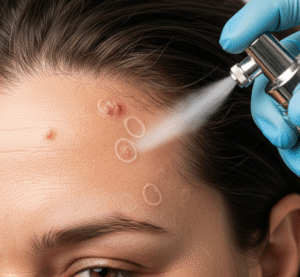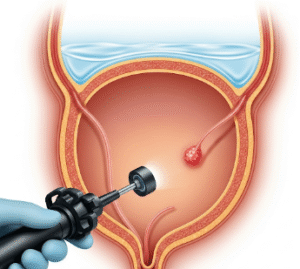Korea is rapidly establishing itself as a major player in the global immuno-oncology field. Accelerated by strong government support, biotech innovation, and institutional research networks, the country is pushing forward both incremental and disruptive approaches to cancer immunotherapy. Below are key trends, recent breakthroughs, and some challenges and prospects to watch.
Key Trends & Strategic Directions
1. Growth in the Immunotherapy Market
The Korean cancer immunotherapy market is projected to grow at a double-digit annual rate, with forecasts suggesting revenues could more than double over the next half decade.
While monoclonal antibodies and checkpoint inhibitors currently dominate, oncolytic viral therapies and cancer vaccines are among the fastest-growing segments.
2. Convergent Therapy Platforms & Immunotherapy Fusion
Korea’s research institutes are developing platforms that combine immune cells, gene engineering, antibodies, and small-molecule drugs to treat cancers that have been difficult to target. The Immunotherapy Convergence Research Group at KRIBB, for example, works on integrating NK-cell therapy with gene and antibody strategies.
3. Advances in Cell-Based Immunotherapy Beyond T Cells
- CAR-NK cells (chimeric antigen receptor–engineered natural killer cells) are getting serious attention as a potentially safer “off-the-shelf” alternative to CAR-T.
- A more novel Korean development is CAR-M (using engineered macrophages) aimed at solid tumors (e.g. lung cancer). This approach leverages the natural phagocytic and antigen-presenting properties of macrophages.
4. Local Innovation in Immunotherapy Agents
- GI Innovation recently dosed the first patient for its subcutaneous immunotherapy drug GI-102, marking a milestone in domestically developed immuno-oncology therapies.
- Hanmi Pharmaceutical is pushing forward with mRNA and STING-based immunotherapy platforms, demonstrating Korea’s drive to merge immunotherapy with next-generation modalities.
5. Photoimmunotherapy and Light-Triggered Methods
Korean groups are exploring photoimmunotherapy (PIT) and combinations of photodynamic/photothermal therapy with immune activation. These light-based modalities can selectively kill tumor cells and stimulate local immune responses, potentially improving specificity and reducing systemic side effects.
6. Strong National Funding & Institutional Backing
The Korea Drug Development Fund (KDDF) is actively investing in immune and gene therapy projects. In 2024, companies like GI Innovation, Liveome, and GC Cell secured funding for immunotherapy and gene/immune convergence initiatives.
The National Cancer Center (NCC) in Korea also functions as a core research hub, coordinating cancer immunotherapy research and clinical trials nationwide.
Recent Breakthroughs & Milestones
- BAFF-R CAR-T for blood cancer: PeproMene Bio’s BAFF-R CAR-T therapy has shown promising responses in relapsed blood cancer patients, including those who previously relapsed after CD19 CAR-T therapy.
- CAR-M development: The novel macrophage-based immunotherapy is an exciting development, especially for solid tumors, which historically posed challenges for CAR-T approaches.
- Subcutaneous immunotherapy: GI-102’s subcutaneous format is significant because it could simplify administration, patient convenience, and scaling.
- mRNA immunotherapy efforts: Hanmi’s efforts to combine STING and mRNA immunotherapy approaches suggest Korea is aligning with the global shift toward mRNA platforms in oncology.
- Photoimmunotherapy research: Korean scientists are contributing to the rising literature on combining phototherapy and immunotherapy to better target tumors.
Challenges & Barriers
- Solid tumor resistance: Many immunotherapies have been more successful in blood cancers than solid tumors, due to issues like tumor microenvironment, immune suppression, and antigen heterogeneity.
- Safety and toxicity: Immune-related adverse events, cytokine storms, off-target effects, and autoimmunity remain significant risks, especially for more aggressive or combinatorial therapies.
- Manufacturing & scale: Producing engineered cells or viral vectors under GMP conditions reliably, at scale and quality, is technically and economically demanding.
- Regulation & approval pathways: Gene-engineered immunotherapies must navigate complex regulatory frameworks, especially for novel modalities (CAR-M, light-triggered therapies).
- Cost & access: Advanced immunotherapies are expensive. Ensuring equitable access through insurance and healthcare policy will be key.
- Biomarker and patient selection: Precision is essential—identifying which patients will benefit from specific immunotherapies demands robust biomarker development.
Outlook & What to Watch
- Wider adoption of off-the-shelf immunotherapies (e.g. CAR-NK, CAR-M) that avoid the need for patient-specific customization.
- Clinical trials combining multiple immunotherapy modalities—e.g. checkpoint inhibitors + CAR therapies + oncolytic viruses + photoimmunotherapy.
- Greater use of mRNA and nucleic acid-based immunotherapies, aligning with global trends.
- Advances in immunomodulatory biomaterials and targeted delivery systems to reduce toxicity and improve targeting.
- More early-stage Korean biotech companies entering the global stage with immuno-oncology platforms.
- Policy and reimbursement reforms to support adoption in national health systems.
- Expansion of Asian or regional trial networks, using Korean institutions as hubs for pan-Asia immunotherapy trials.
- Cross-disciplinary integration: combining AI, imaging, immuno-oncology, and genetic profiling to personalize immunotherapy in Korea.
In summary, Korea’s future in cancer immunotherapy looks bright. With ambitious public backing, strong biotech momentum, and creative scientific institutions, Korea is positioning itself to move from adoption to innovation—not just importing immunotherapy solutions, but engineering new ones. The coming decade may see Korea not only treat cancer immunologically, but lead global advances in how that treatment is designed, delivered, and made accessible.













